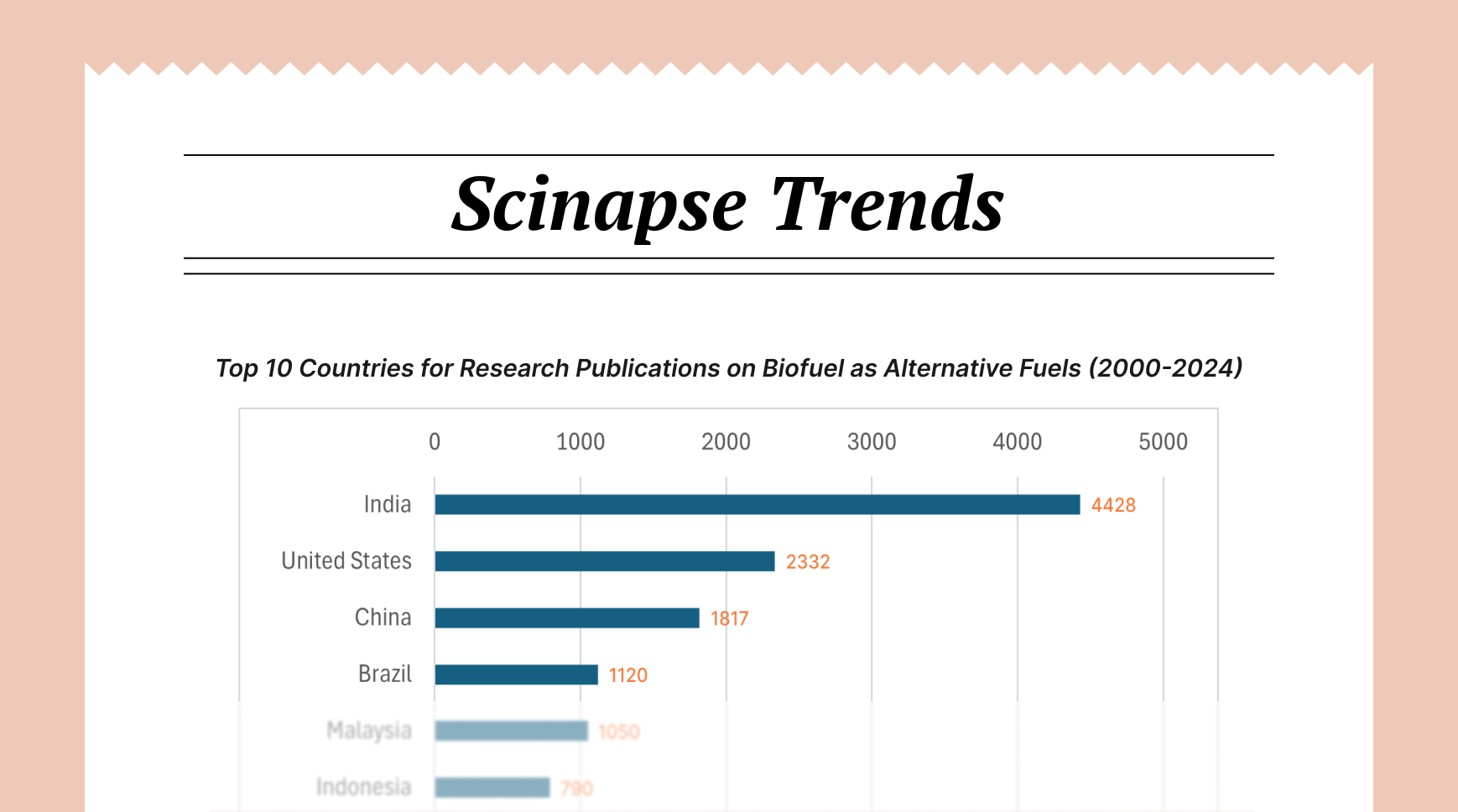Ethical Literature Reviews: Representation, Inclusion, and Citation Practices

Literature reviews are one of the foundational elements of scholarly work, mapping the intellectual landscape of a field and guiding future research directions. Yet beyond their methodological and analytical dimensions lies an often overlooked ethical dimension. The choices researchers make about whose work to include, how to represent diverse perspectives, and which citation practices to employ carry significant ethical implications. This article explores key ethical considerations in literature review development, focusing on representation, inclusion, and citation practices that promote scholarly integrity and justice.

The Ethics of Representation
1- Recognizing Knowledge Hierarchies
Academic knowledge production operates within social and historical contexts that have privileged certain voices and perspectives while marginalizing others. Literature reviews that uncritically reproduce these hierarchies risk perpetuating systemic biases. Ethical literature reviews acknowledge that:
- The "canon" in many fields reflects historical power dynamics rather than purely meritocratic selection
- Prestigious publication venues have historically been less accessible to scholars from marginalized groups
- Methodological traditions vary across cultural contexts, with Western approaches often dominating global discourse
- English-language publications receive disproportionate attention in many international fields
Ethical representation begins with awareness of these dynamics and a commitment to conscientious engagement with diverse knowledge sources.
2- Geographic and Cultural Representation
The globalization of research has not eliminated disparities in whose work gets cited and amplified. Literature reviews that draw predominantly from North American and European scholarship risk missing valuable insights from other regions while reinforcing problematic center-periphery dynamics.
Ethical considerations include:
- Actively seeking scholarships from diverse geographic regions, particularly when reviewing topics with global dimensions
- Contextualizing research within its cultural setting rather than treating Western approaches as the default standard
- Acknowledging when a review primarily reflects scholarship from specific regions or traditions
- Considering how cultural contexts might influence research questions, methodologies, and interpretations
3- Disciplinary Diversity
Many contemporary research questions span traditional disciplinary boundaries. Ethical literature reviews recognize the value of diverse disciplinary perspectives by:
- Including relevant scholarship from adjacent or overlapping fields
- Acknowledging the contributions of disciplines that may be perceived as having lower status
- Recognizing that methodological preferences often reflect disciplinary traditions rather than inherent superiority
- Creating space for interdisciplinary and transdisciplinary perspectives
Inclusion and Exclusion Decisions
1- Transparent Selection Criteria
Every literature review necessarily includes some works while excluding others. Ethical practice demands transparency about these decisions:
- Clearly articulating inclusion and exclusion criteria
- Applying these criteria consistently, regardless of a work's alignment with the reviewer's perspective
- Acknowledging limitations in search strategies or language capabilities that might bias inclusion
- Being forthright about practical constraints that limited the scope of the review
2- Addressing Publication Bias
The tendency to publish positive or statistically significant findings creates systematic distortions in the available literature. Ethical reviews acknowledge and address this reality by:
- Discussing the possibility of publication bias in the field under review
- Including preprints, conference papers, dissertations, or other gray literature when appropriate
- Noting the absence of evidence might reflect publication practices rather than absence of research
- Considering how funding sources might influence what questions get researched and published
3- Language Accessibility
Language barriers create significant equity issues in scholarly communication. While no reviewer can read all languages, ethical considerations include:
- Acknowledging language limitations as a potential source of bias
- Using translation services or seeking collaboration to include key non-English works when feasible
- Avoiding phrases like "no research exists" when "no English-language research was found" would be more accurate
- Supporting efforts to improve the accessibility of scholarship across language barriers
Ethical Citation Practices
1- Citation as Intellectual Genealogy
Citations do more than provide evidence; they construct intellectual genealogies and influence which scholars and ideas gain visibility. Ethical citation practices recognize this power by:
- Tracing ideas to their origins rather than citing only the most recent or prestigious articulations
- Crediting foundational contributions from scholars who may have been historically marginalized
- Acknowledging intellectual debts to communities or traditional knowledge systems that may not appear in formal academic publications
- Considering whose work is being amplified through citation patterns
2- Avoiding Citation Manipulation
The growing emphasis on citation metrics creates incentives that can distort citation practices. Ethical reviews resist these pressures by:
- Citing works based on relevance and contribution rather than author prestige
- Avoiding excessive self-citation or citation of close colleagues without clear justification
- Resisting pressure to cite particular works to increase the likelihood of publication
- Maintaining awareness of how citation decisions impact careers and academic advancement
3- Responsible Critique
Literature reviews often evaluate the quality and contributions of included works. Ethical critique:
- Focuses on the work rather than attacking authors personally
- Applies consistent evaluative standards across all works regardless of author identity or status
- Contextualizes limitations rather than dismissing entire works based on specific shortcomings
- Acknowledges the historical or resource constraints under which research was conducted
Practical Strategies for Ethical Literature Reviews
1- Reflexive Positioning
Ethical literature reviews begin with self-awareness. Reviewers should:
- Reflect on their positionality and how it might influence their perspective
- Consider their relationship to the field and potential blind spots
- Acknowledge funding sources or institutional affiliations that might shape their approach
- Be transparent about their stake in particular theoretical or methodological traditions
2- Collaborative Approaches
No single reviewer can fully transcend their limitations. Collaborative approaches help by:
- Bringing together scholars with different backgrounds, perspectives, and language capabilities
- Creating space for dialogue about inclusion decisions and interpretive frameworks
- Providing checks against individual biases or blind spots
- Modeling inclusive scholarly practice through the review process itself
Author: Uttkarsha B
- AI-Ethicist and STM Research & Publishing Expert
Never re-search again.
Scinapse is made by researchers for researchers.
Join the next generation of research at ⏯️ https://scinapse.io/
Pluto Labs
Pluto Labs helps researchers focus on their research by improving several inefficiencies in the academic research process. We offer data-driven insights from academic papers, allowing users to easily obtain review-level results for their desired range of papers.
https://pluto.im/





Comments ()